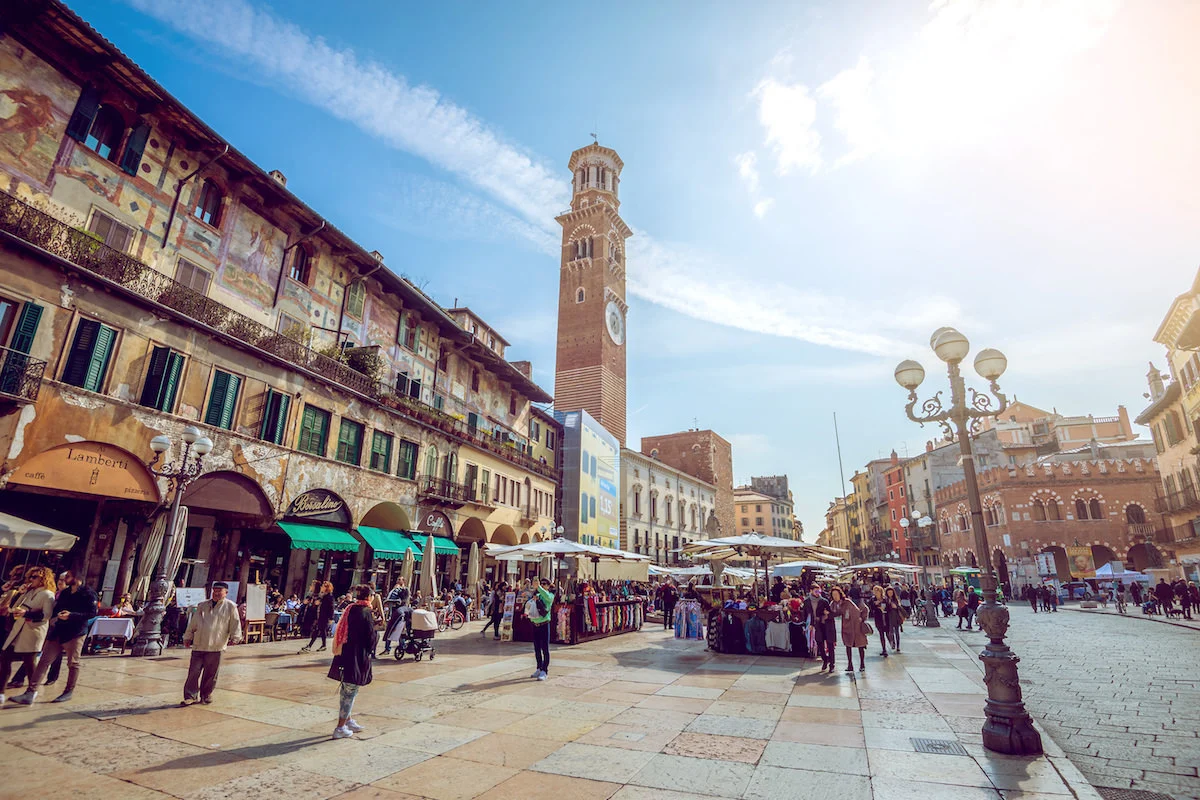Italy’s Digital Nomad Visa marks a significant step for the counry in embracing the global trend of remote work.
This initiative, highlighted by Business Insider, officially started last week, concluding years of legislative discussions.
The visa caters specifically to remote workers not from the EU or Switzerland.
It seeks to draw in highly skilled individuals who can work remotely, whether as freelancers, for a company, or in collaborative efforts.
To be eligible for this visa, candidates must fulfill certain requirements.

They need to earn at least three times the minimum threshold exempted from healthcare contribution costs, which is nearly €28,000 annually or around $30,400.
They must also have health insurance for their stay and prove their accommodation and previous remote work experience of at least six months.
The visa, valid for one year and renewable, also extends to family members, reflecting Italy’s broader goal to stimulate economic growth and combat population decline.
Some Italian towns have previously offered houses for as low as one euro to attract new residents, addressing depopulation issues.
This moves comes as other European nations are reevaluating their “golden visa” schemes.
These programs offer residency in exchange for hefty real estate purchases, often exceeding $500,000.
In stark contrast, Italy is emphasizing the burgeoning digital economy and the flexibility of remote work.
This strategic focus aims to make Italy an inviting place for digital nomads eager to blend work with the country’s rich cultural backdrop.
Background
To apply for Italy’s Digital Nomad Visa, first schedule an in-person visit at the Italian consulate in your home country. Each consulate may use a different application form.
You’ll be asked to bring several documents, including:
- A current passport
- Passport photos
- Proof of employment
- Income evidence
- Health insurance
- Italian accommodation proof
Applicants must earn at least three times the Italian minimum for health care exemption, nearly €28,000 yearly. Income can come from various sources.
Although €28,000 is the baseline, consulates can require more, similar to other visas.
The visa is for “highly qualified” people with a three-year degree or relevant work experience, plus a clean criminal record for the last five years, as verified by an employer.
Self-employed applicants may need to self-certify, though specifics are vague. The application fee is €116.
Requirements and processing times vary by consulate, but they have up to 90 days to respond.
After receiving your visa, apply for a residency permit in Italy within eight days of arrival. This permit is valid for a year and can be renewed annually if you continue to meet the visa conditions.

